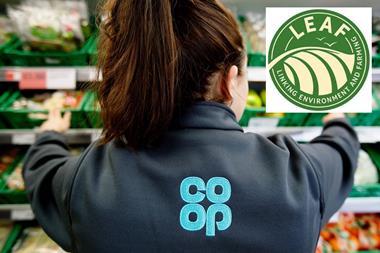Vape category is fastest growing for second year in a row

Data from NielsenIQ (NIQ) for The Grocer’s Top Products survey 2023 has revealed that the vaping category was the fastest-growing for the second year running
ALREADY HAVE A REGISTERED USER ACCOUNT? PLEASE LOG IN HERE
To read the full story join the ConvenienceStore.co.uk community today!
Registration is quick and easy and provides access to:
- Unlimited ConvenienceStore.co.uk articles
- Our great range of newsletters
- Content you’ve saved for later via the ‘my library’ feature
And much more…































